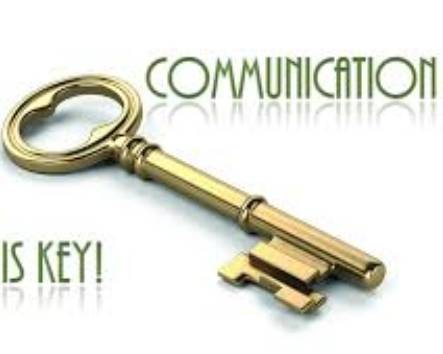Ever since the human race has evolved, so has the need to communicate. Even as apes, we spoke to our species in some form. When we can communicate and concisely, it leads to a more productive and gratifying relationship between two people. A gap between what was shared and what was interpreted can lead to several problems in personal and professional life.
Like any other relationship, communication between healthcare professionals and patients is essentially important for building rapport and trust. In another study published by Joint Commission, 80% of serious medical errors were due to communication issues. Miscommunication or no communication can lead to a lot of ambiguity and confusion, not to mention life-threatening complications and poor outcomes, as has been demonstrated in many studies.
The shortage of healthcare professionals globally and the enormous pressure that staff are under, coupled with the increasing demands of the overinformed patient, can strain the hospital’s resources. The team is short-pressed for time, which might give a feeling of being treated cursorily. With the availability of advanced diagnostics, the humble stethoscope and clinical examination have been replaced by sophisticated monitors. The healing touch which epitomised medicine has been replaced by the hurly-burly of investigations and advanced tests, leaving the patient feeling like a statistic in the eyes of the doctor. This often leads to exasperation on the part of the patient and dissatisfaction. As doctors, the focus has been chiefly on the clinical aspect of medical training.
We must realise that the times have changed. Doctors are no longer worshipped on a pedestal, and this delusion can prove to be a very costly mistake. A study conducted by the General Medical Council, UK, has found that the four most common failures in communication can be attributed to deficits in appropriateness and timeliness of information, sharing information with peers, listening to patients, and working collaboratively with patients and caregivers. It also found 19 contributing factors, which included the patients, staff and the system.
While in the fast-paced world that we live in, mobile phones have replaced face-to-face dialogue. Teleconsultation could be the newer mode of consulting a doctor. As we move towards a virtual hospital and virtual reality infiltrating the real world of patient care, we must remember that the need to speak and be heard is a fundamental need. Overlooking the basic stuff might be synonymous with losing the golden key to a more enriching and fulfilling patient care experience, which might make us emotionally and spiritually dwarfed eventually.




No comments yet
Be the first to share your thoughts!